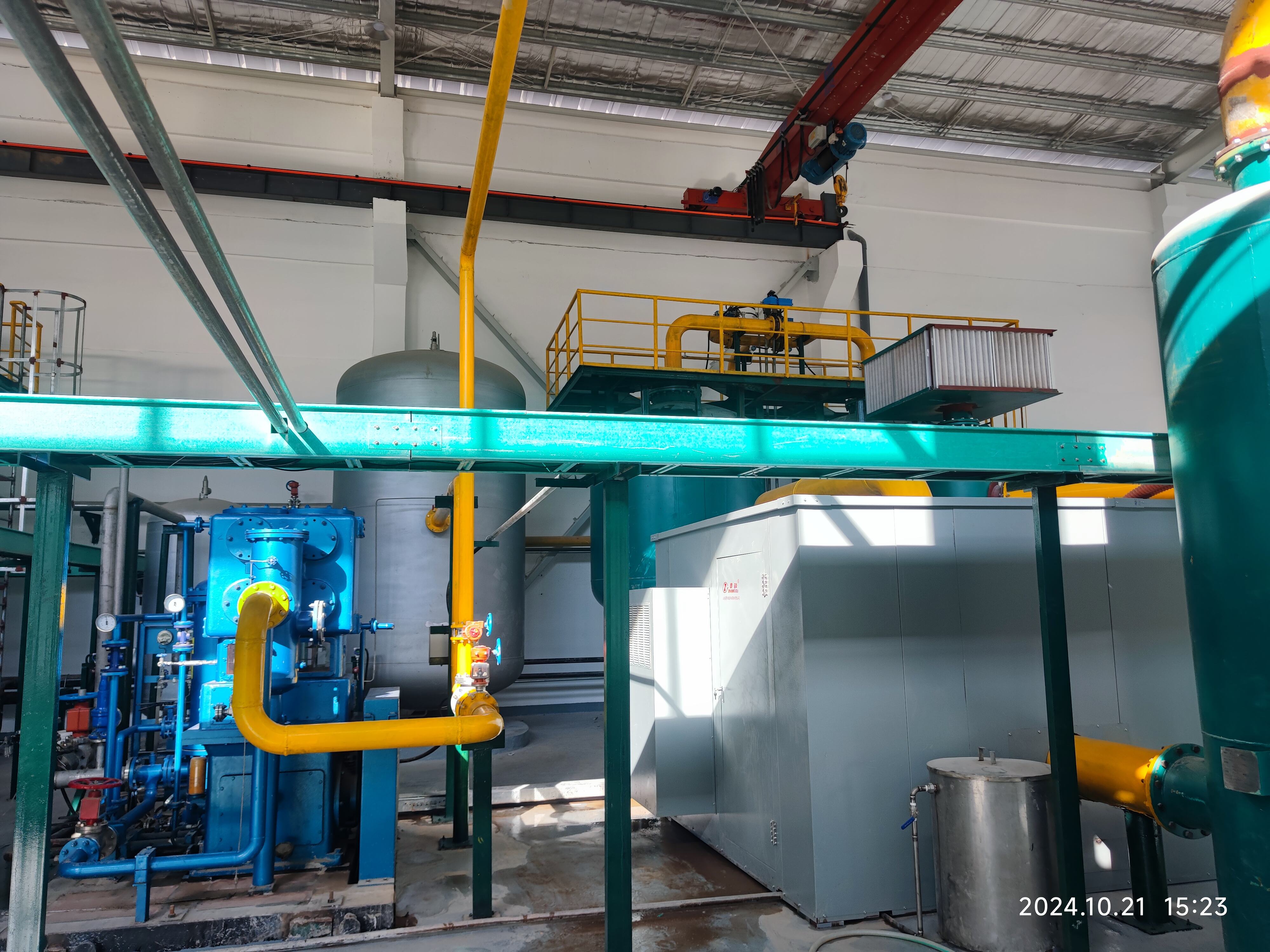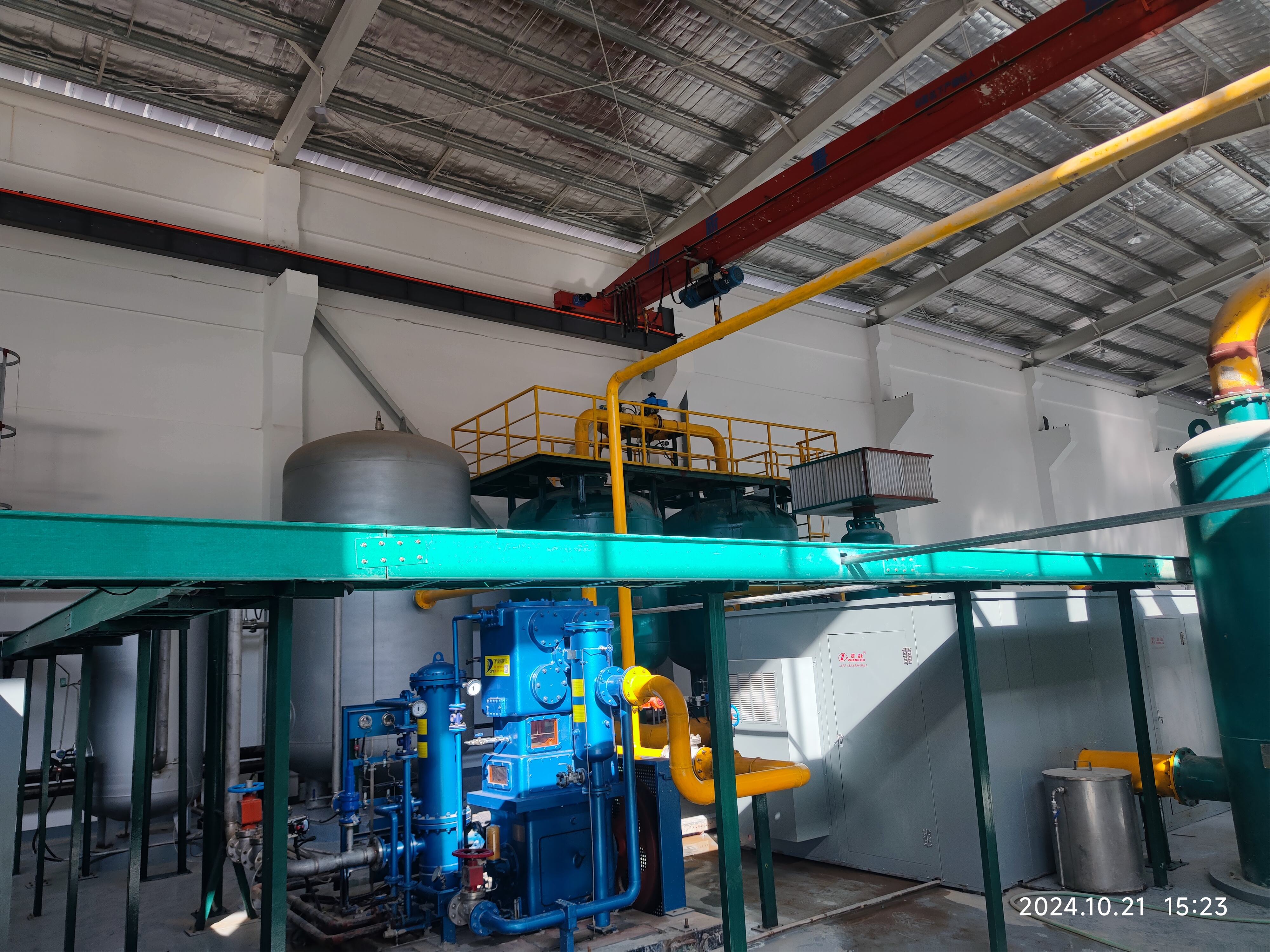largescale pressure swing adsorption plant
A largescale pressure swing adsorption (PSA) plant represents a cutting-edge industrial solution for gas separation and purification processes. This sophisticated system operates on the principle of selective adsorption, where specific gas molecules are captured by specialized adsorbent materials under high pressure and subsequently released when the pressure is reduced. The plant consists of multiple adsorption vessels working in parallel, enabling continuous operation through alternating pressure cycles. Essential components include compression systems, valve networks, adsorption columns, and advanced control systems that ensure precise timing and efficiency. These plants are capable of processing substantial gas volumes, typically handling flow rates from several thousand to hundreds of thousands of cubic meters per hour. The technology excels in producing high-purity gases, achieving purification levels of up to 99.999% in many applications. Common applications include hydrogen purification for industrial processes, nitrogen generation for food packaging and electronics manufacturing, oxygen production for medical facilities and steel plants, and carbon dioxide capture for environmental protection initiatives. The modular design allows for scalability and customization based on specific production requirements, while sophisticated monitoring systems ensure reliable and consistent performance.


